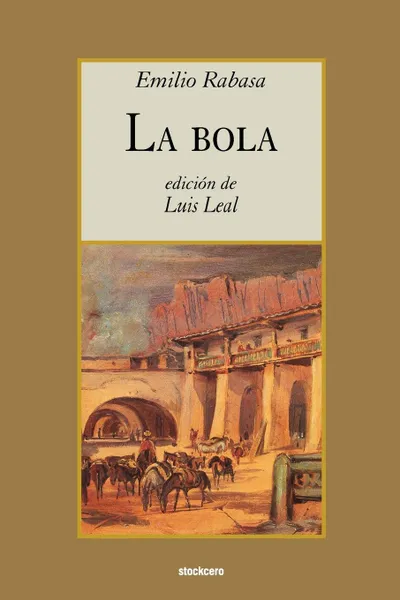La bola 12+
Автор: Emilio Rabasa
2006
152 страницы
Категория: Литература на иностранных языках
ISBN: 9789871136551
Язык: Испанский
📖 Emilio Rabasa (1856-1930), lawyer, historian, literary critic, essayist and novelist, besides being a journalist and active participant in politics, stands out among the Mexican intellectuals of the late 19th and early 20th centuries.Considered to have introduced realism into Mexican fiction, Rabasa's writing reveals the influence of Pérez Galdós as well as earlier Mexican writers, ranging from José Joaquín Fernández de Lizardi's El periquillo sarniento (1816) to José Tomás de Cuéllar's Baile y cochino (1886).A perceptive literary critic, journalist and well-informed historian, he was one of the founders of the newspaper El Universal. Although he wrote influential political analyses like La constitución y la dictadura.(1912) and La evolución histórica de México (1920), Rabasa is best remembered for his five novels, which share recurrent characters and political themes, or rather, criticism of politicians who are unethical in their struggle for power. La bola is the first of this series. What is la bola? La bola is not the Revolution; unlike the Revolution, which centers on the idea, develops national passion, modifies an institution and promotes the involvement of citizens, la bola does not demand or represent principles: it is born and it is dissolved in a short natural and moral period, and requires ignorance.Revolution is born out of the world's progress, but la bola is born out of ignorance and the inevitable backwardness of poor nations. This is la bola t...
Мнения
